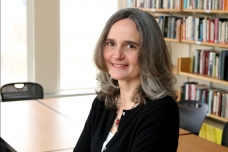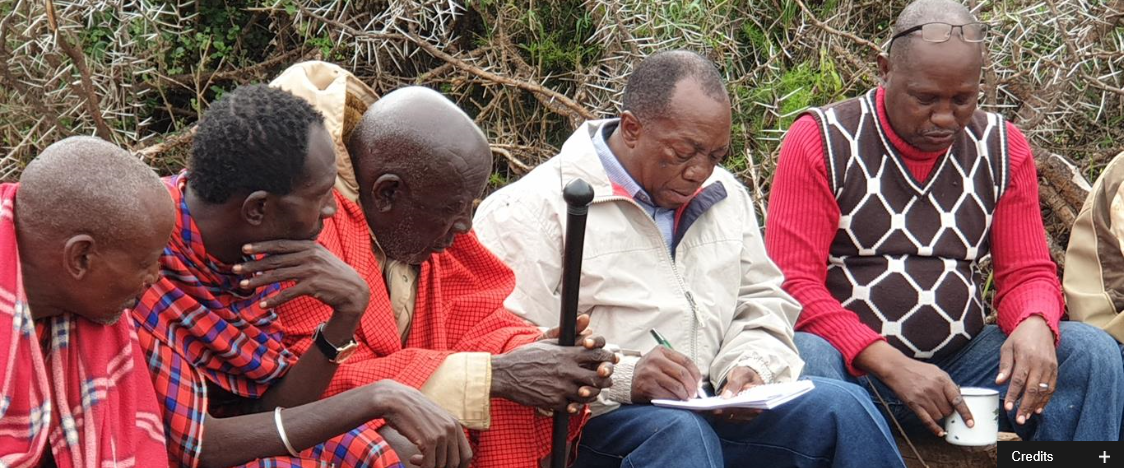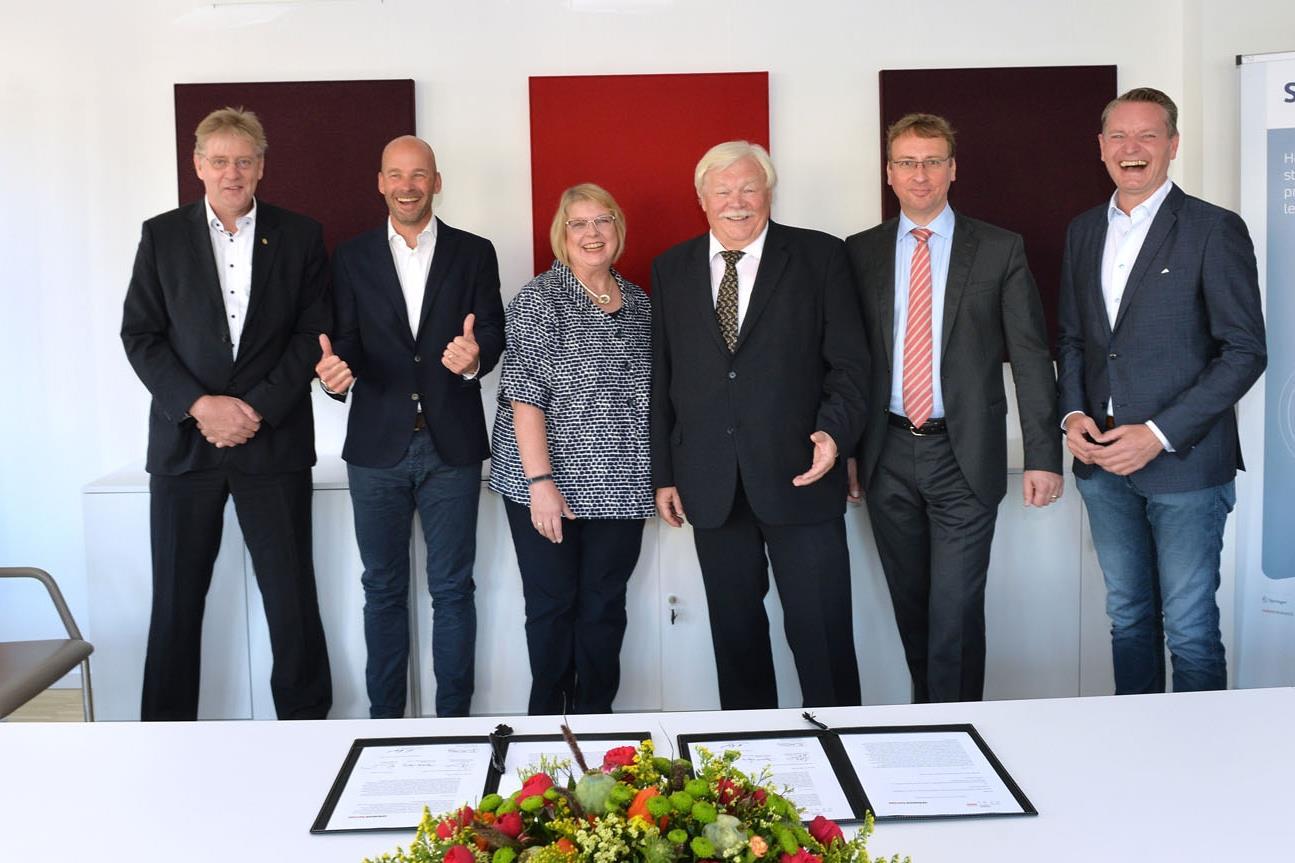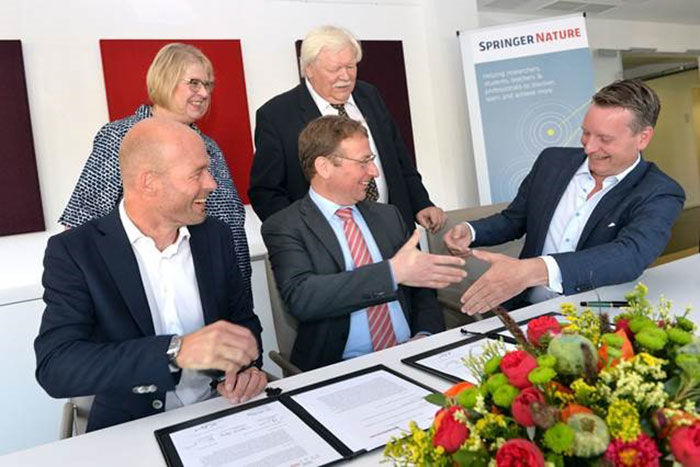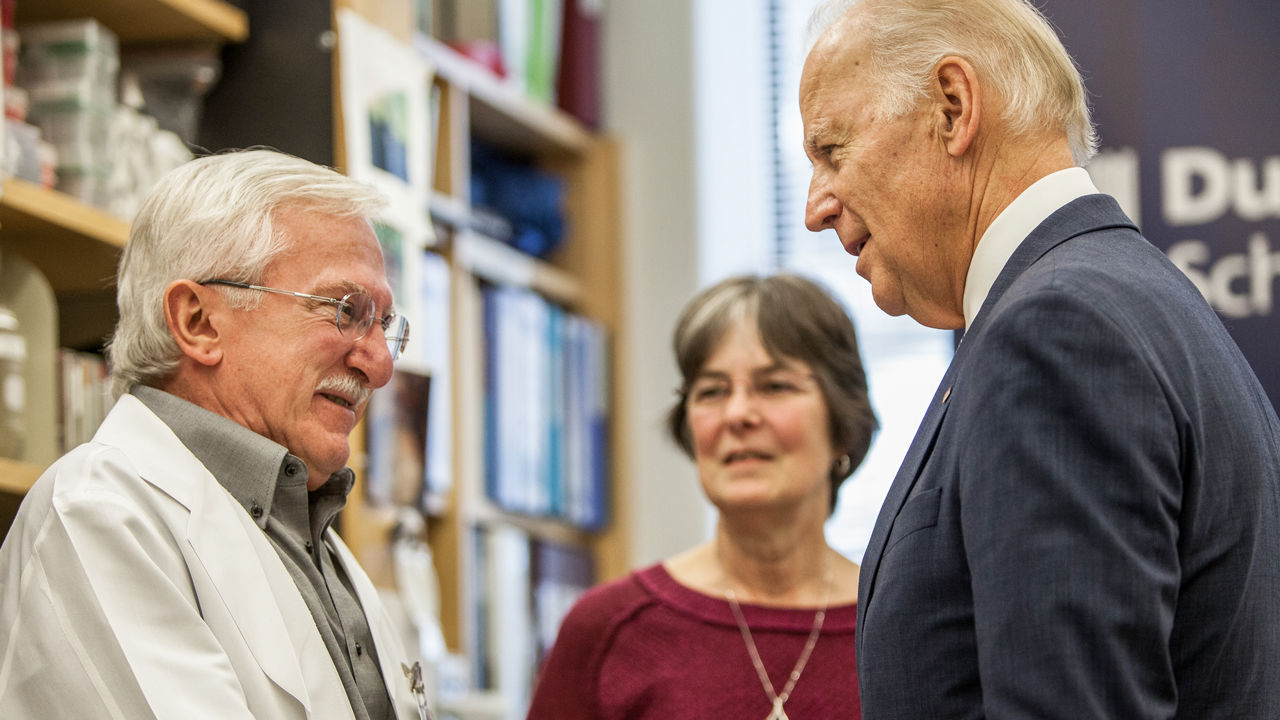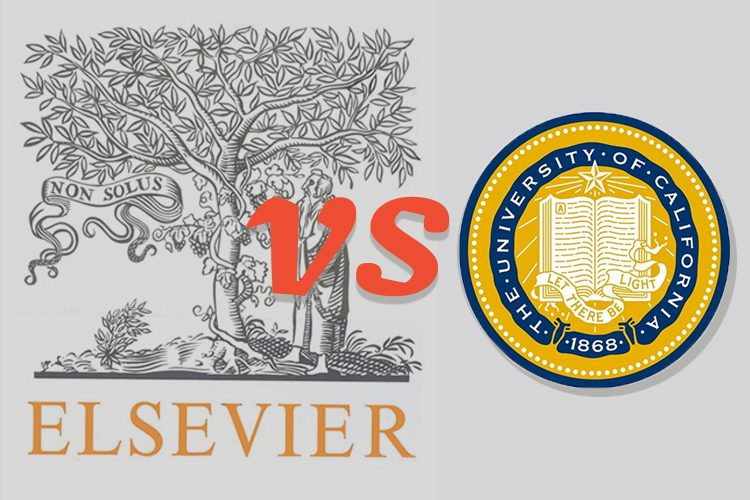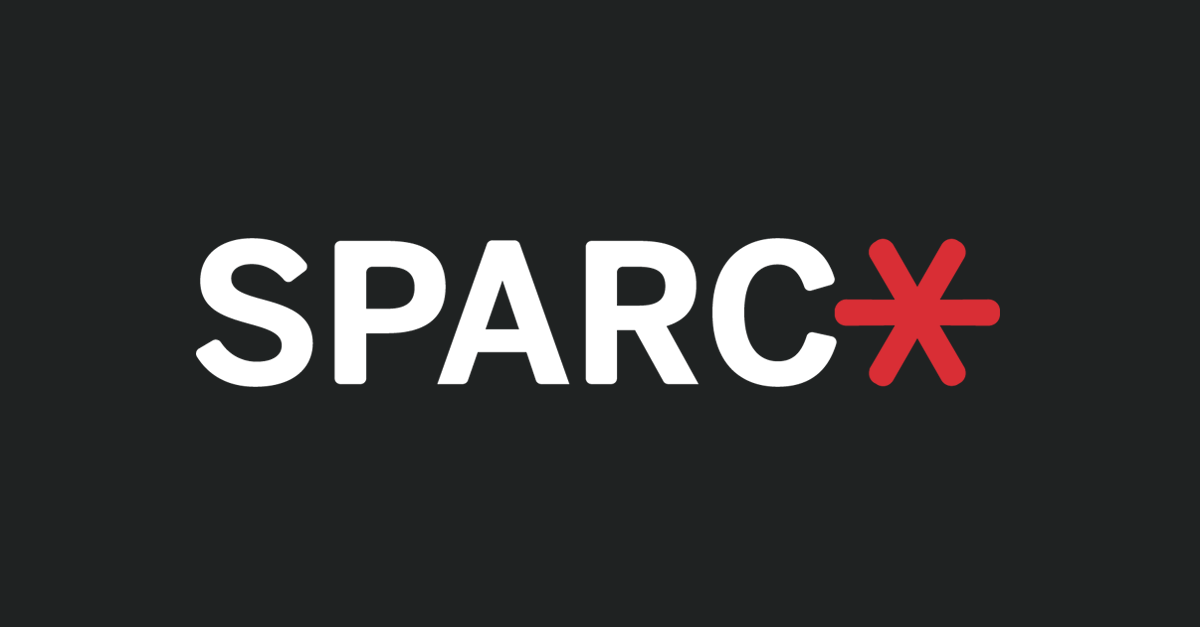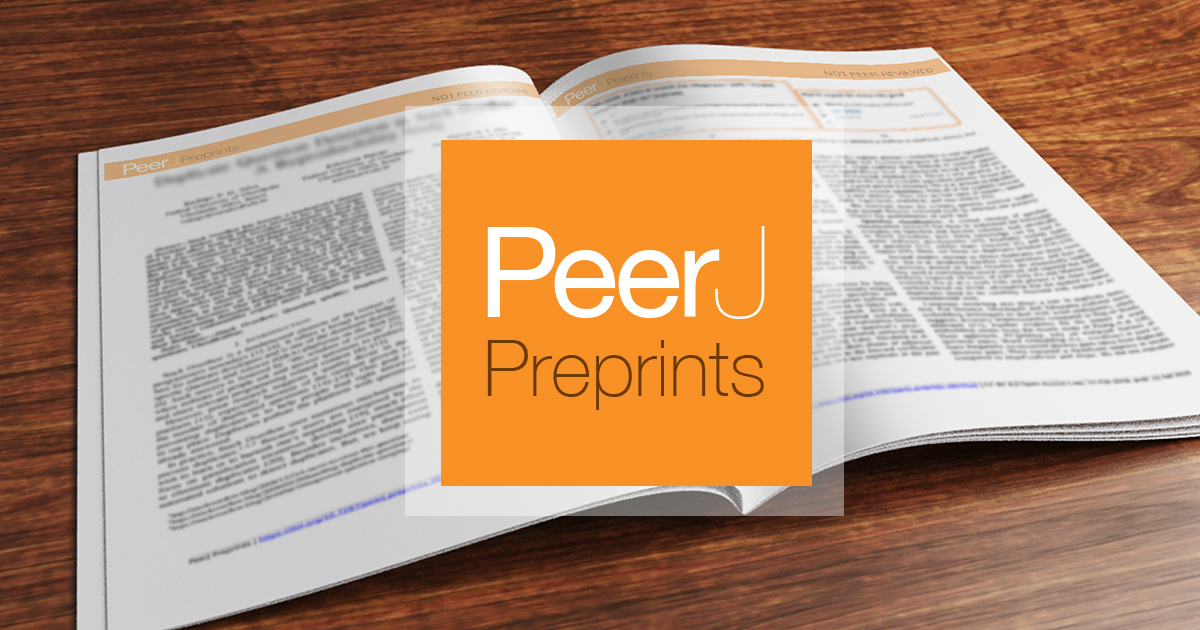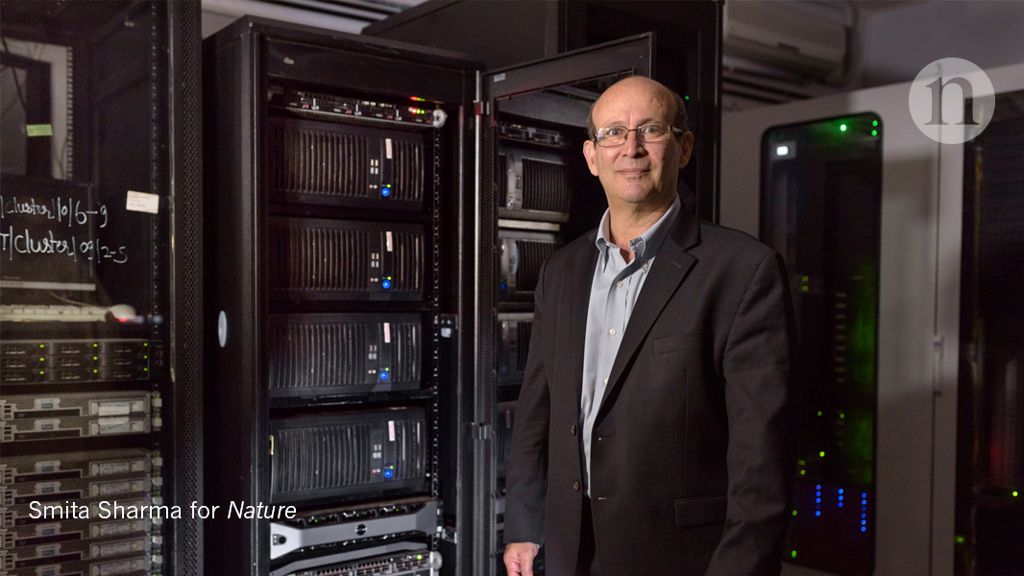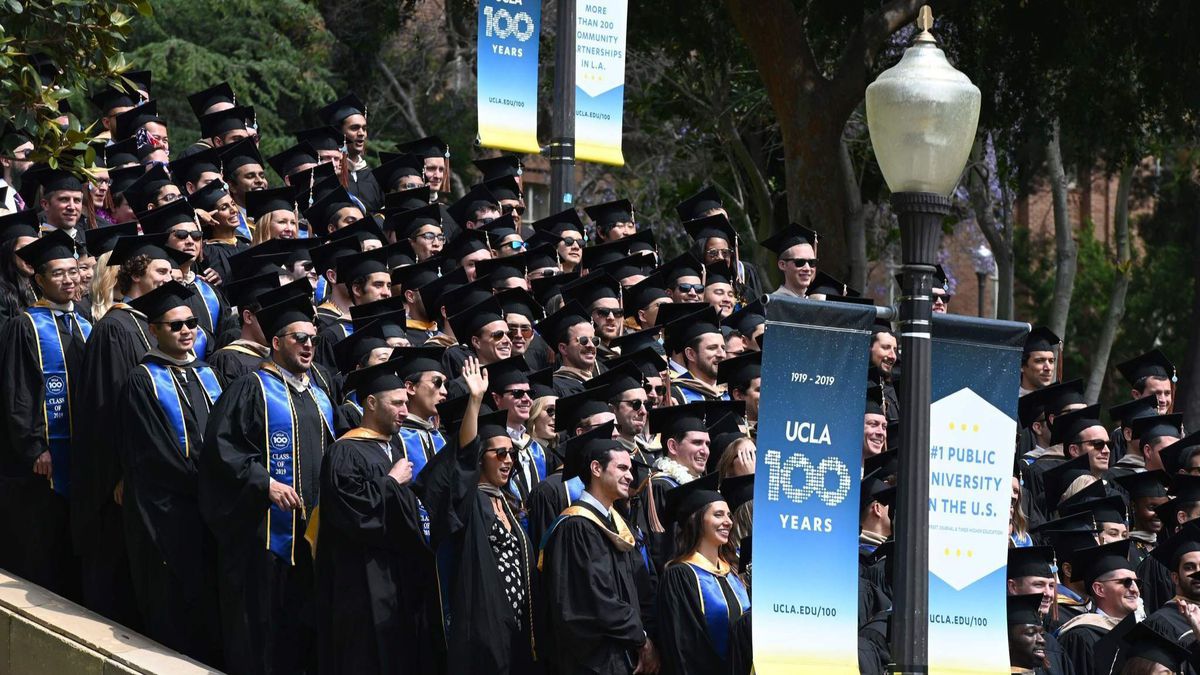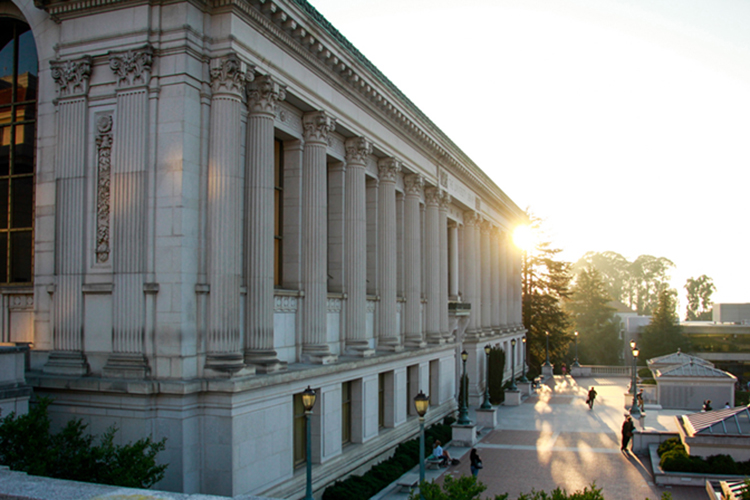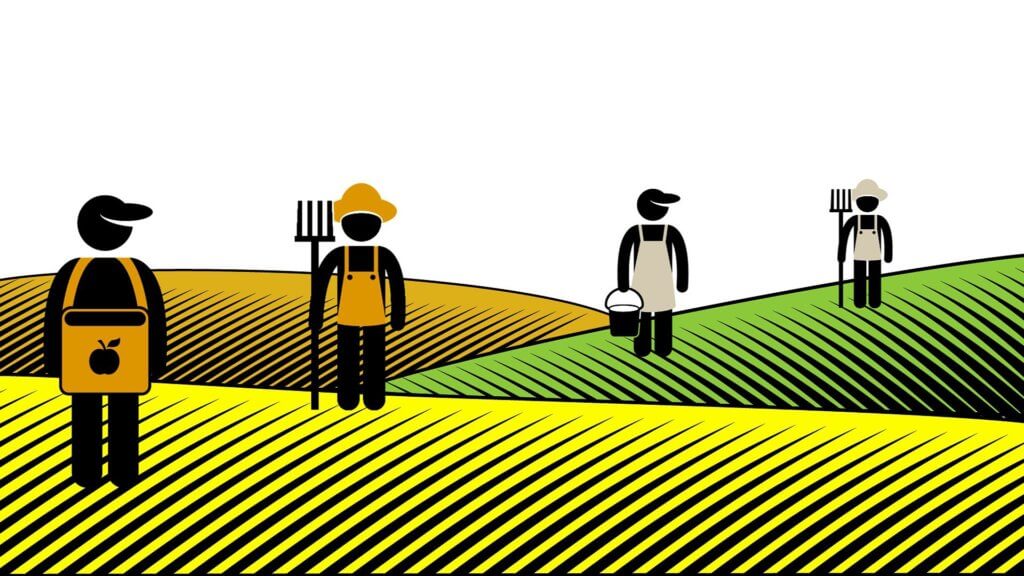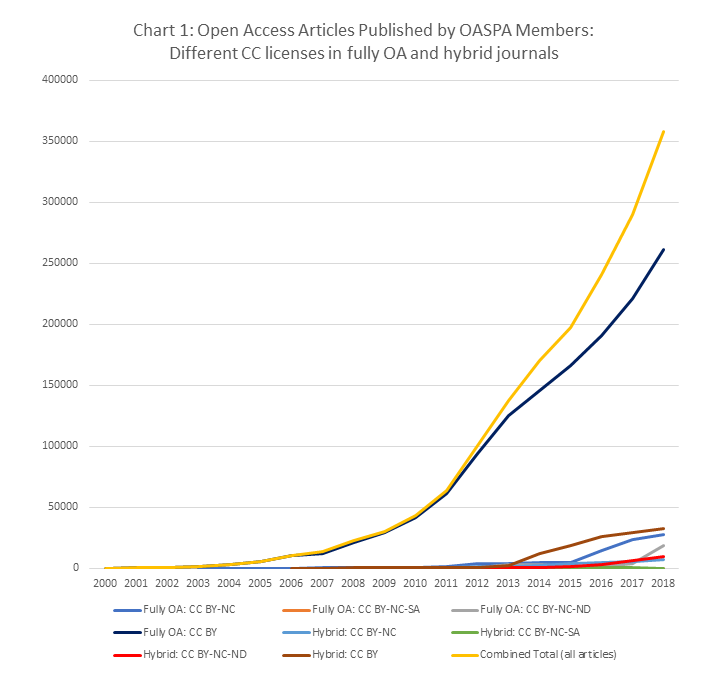This article seeks to understand how far the United Kingdom higher education (UK HE) sector has progressed towards open access (OA) availability of the scholarly literature it requires to support courses of study. It uses Google Scholar, Unpaywall and Open Access Button to identify OA copies of a random sample of articles copied under the Copyright Licensing Agency (CLA) HE Licence to support teaching. The quantitative data analysis is combined with interviews of, and a workshop with, HE practitioners to investigate four research questions. Firstly, what is the nature of the content being used to support courses of study? Secondly, do UK HE establishments regularly incorporate searches for open access availability into their acquisition processes to support teaching? Thirdly, what proportion of content used under the CLA Licence is also available on open access and appropriately licenced? Finally, what percentage of content used by UK HEIs under the CLA Licence is written by academics and thus has the potential for being made open access had there been support in place to enable this? Key findings include the fact that no interviewees incorporated OA searches into their acquisitions processes. Overall, 38% of articles required to support teaching were available as OA in some form but only 7% had a findable re-use licence; just 3% had licences that specifically permitted inclusion in an ‘electronic course-pack’. Eighty-nine percent of journal content was written by academics (34% by UK-based academics). Of these, 58% were written since 2000 and thus could arguably have been made available openly had academics been supported to do so.


